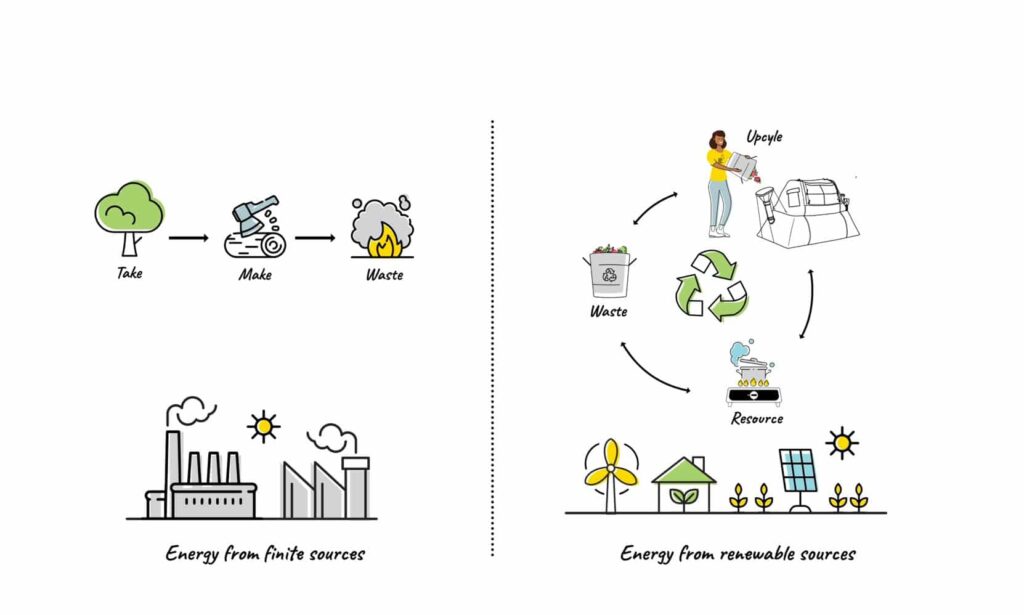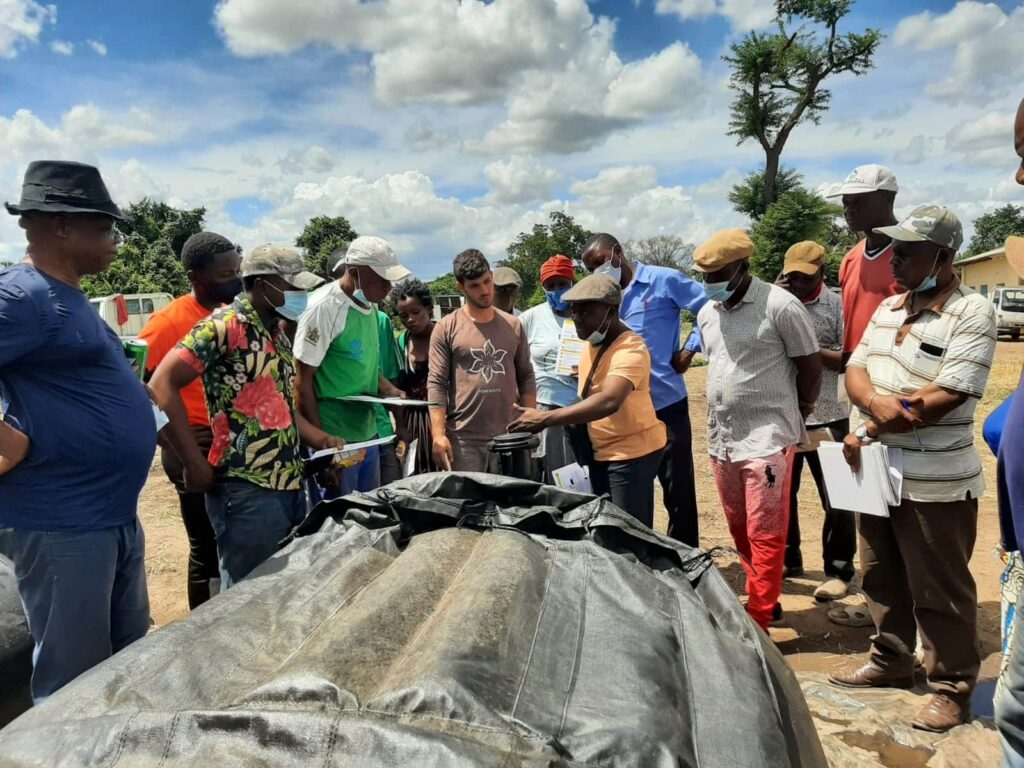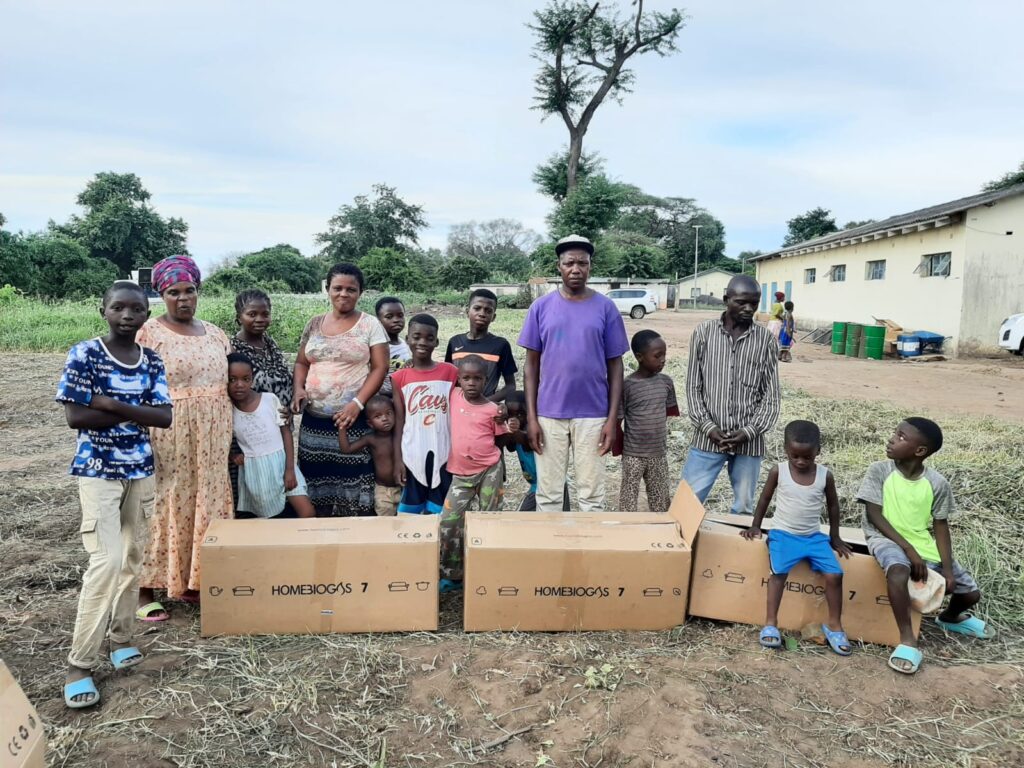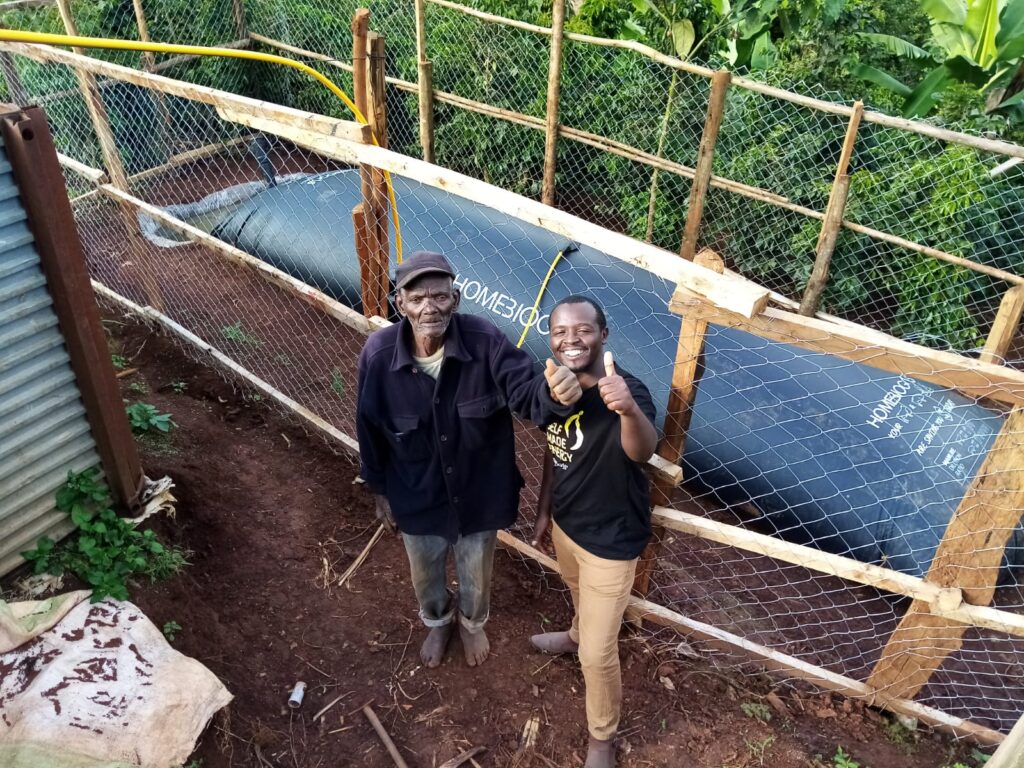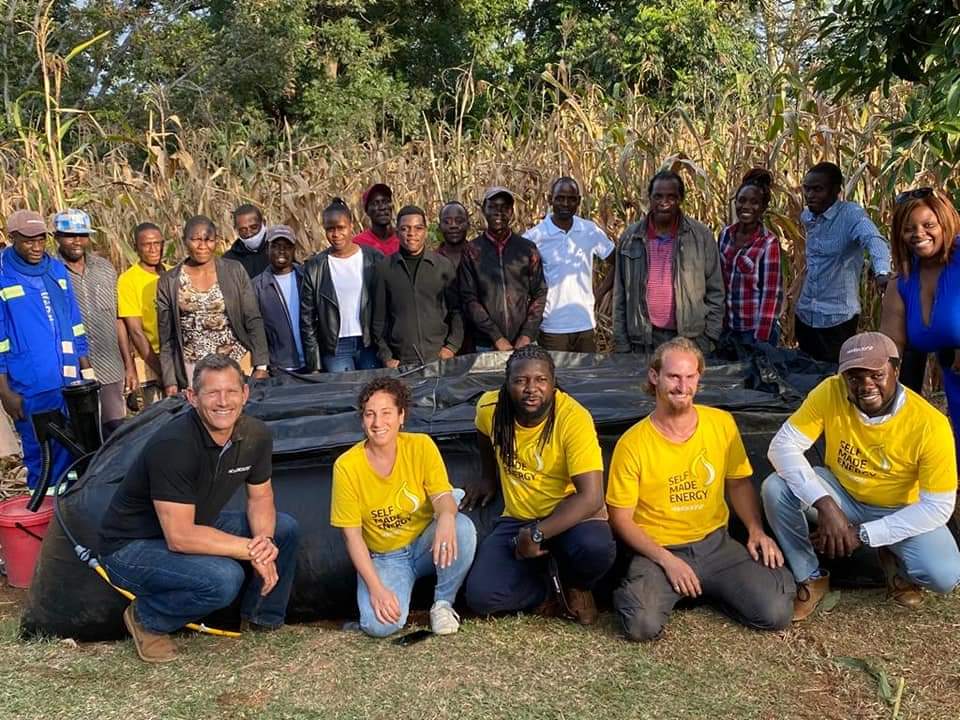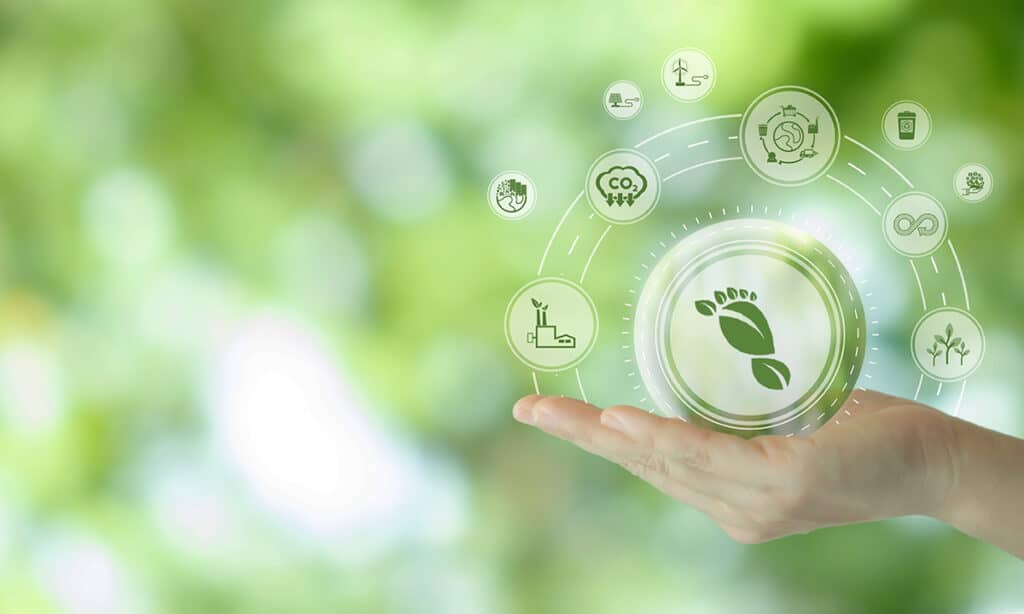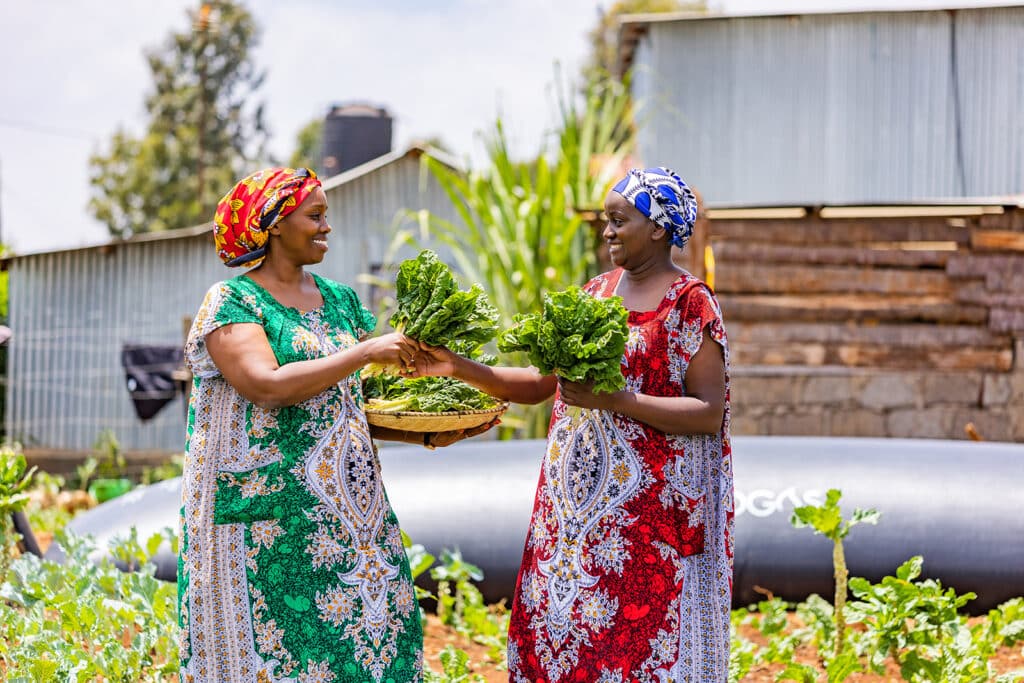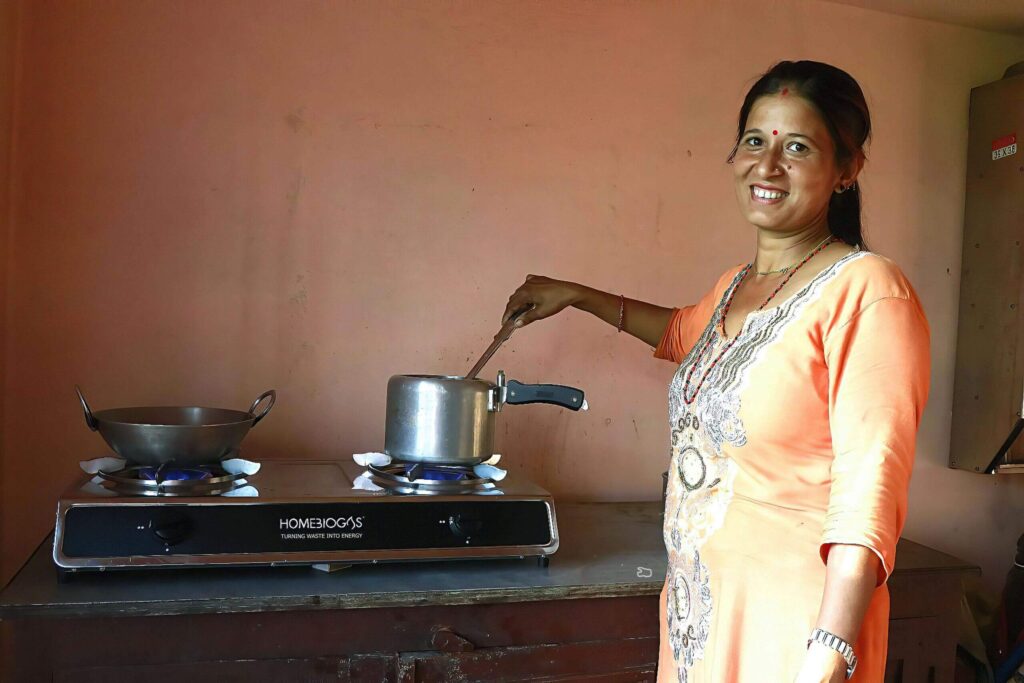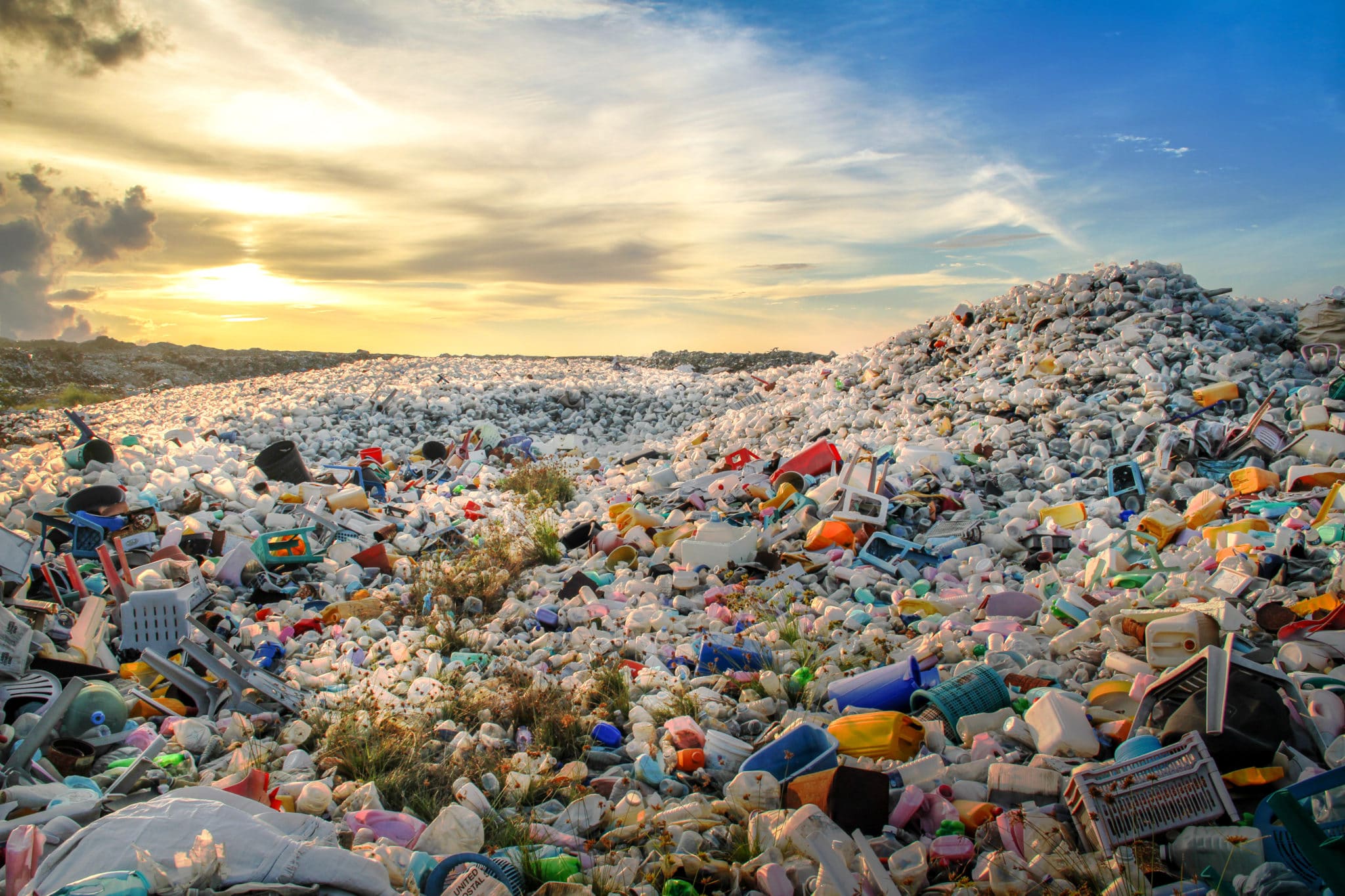
The Economic Solution that is Gaining Momentum Worldwide
Yamit Naftali, an expert in Circular Economy (CE) and director of strategy and business development at HomeBiogas, is frustrated by the way people tend to treat circular economy. “It seems to me that most people don’t really understand the systemic change that such a model entails. They treat it as something wistful, akin to leftists and tree huggers. But it really isn’t. For example, when I say that in the future there will be no more products dumped as waste and no more garbage in the world, it sounds like an unrealistic slogan. But it’s very realistic, and we have no choice.”
HomeBiogas provides a solution at source for the treatment of organic waste, saves the need for its transport and transforms the waste into energy for local use. “The company has systems designed for buildings, homes, restaurants and hotels as well as for small farmers. We have an industrial system for restaurants and large kitchens where the waste is streamed directly from the restaurant sink to an external system which occupies a space equivalent to approx. two parking spaces.”
“The world of packaging requires special care. As part of the commitment to zero emissions by 2050, non-recyclable packaging will be banned in Europe. Recently, the concept of naked products has been evolving: coming to a shop with empty packaging and filling. There is such a shop in Tel Aviv as well”.
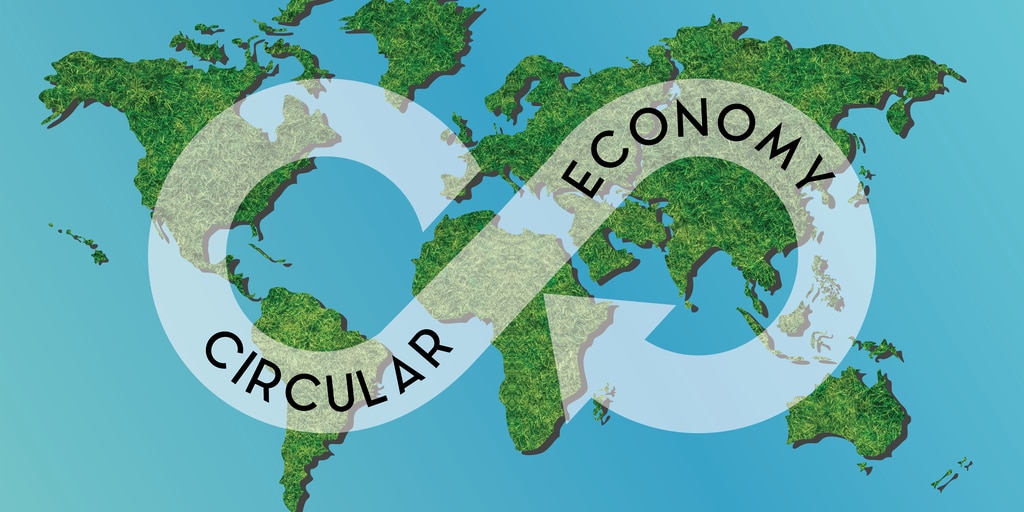
What are the benefits of this system?
“It enables businesses to save on waste disposal and disposal costs and generate renewable energy from their waste. It also prevents emission of pollutants into the environment. The problem is that the structure of the economy today, in terms of companies’ business models and regulation, supports a linear economy – which takes resources and destroys the value of products and materials, instead of preserving them within the production process. 2021 has been a turning point: it began with the climate report published by the UN and continued with disasters that befell us. This is where regulation is necessary as a significant player in the transition to a circular economy.
“For example, a change in regulation was recently introduced in New Jersey, prohibiting the transporting of organic waste to landfill. As part of the solutions being implemented there currently, they chose to incorporate one of our systems inside an apartment block, transforming waste into energy used to heat the building. It is a win-win-win situation. The regulation must create more incentives for solutions of this kind, which recycle waste and transform it into a resource. In this context it is important to create standardization, to have a standard mark enabling the recycling of products and materials, otherwise companies will not do so. In our case, innovation precedes regulation, with no standard existing in Israel. For farmers to buy our fertilizer, which is produced from manure, they must first recognize and be aware that it is approved, harmless and effective. Everyone is currently talking about organic fertilizer, but the regulation is lagging.”
Where else has it been useful?
“Today our fertilizer is used in developing countries and farmers are reporting greater yields. In Ecuador our fertilizer has received a quality standard mark from the government. What we need is standardization, a standard mark enabling recycling, otherwise companies will not do it. Using organic fertilizer reduces the use of chemical fertilizer, saves transportation and production, and also generates greater yields. This is important because people spend more time in restaurants than in supermarkets. In London and New York there is a restaurant or cafe for every 30 people, and food consumption in restaurants as opposed to the home is on the increase. In the US industrial kitchens are responsible for 40% of organic waste.”
Where is your product sold?
“Today we sell to more than 100 countries and have recently won a UN tender for the treatment of waste in refugee camps in Zimbabwe and Malawi. This year we also signed an agreement with the Ministry of Defense for the first installation at an IDF base. The new waste treatment systems for industrial kitchens are very much aimed at Europe and the United States – for restaurants and hotels. Our second solution is for households, a solution that was initially aimed at developing countries but was subsequently extended to the US, Israel and Australia due to demand, mainly from environmentalists who have gardens, but also from people living off-grid. “In caravans, for example, which are very common in the United States, a caravan can produce two hours of cooking gas a day from its own waste, as well as garden fertilizer. This is used even in Africa.”
Why in Africa?
“Because there is no infrastructure there. Coal and wood are still used for cooking, which are both polluting and unhealthy. In fact, indoor smoke is responsible for 4.2 million deaths a year in these countries. Instead of smoke, they put animal manure into our system and generate gas for cooking. “Suddenly they are using a stove for cooking.”
How much does such a home system cost?
“Currently the household system can be bought online for $ 750. The systems for industrial kitchens are based on a monthly fee, which is lower than the cost of waste removal and treatment and the value of the energy they produce, so the business saves from day one.”
$ 750 in Africa is not easy.
“We have a leasing model where they pay a lower monthly amount than they would have spent on combustion materials, and after two years the system is transferred under their full ownership. This product is currently used by over 50,000 people worldwide. We have been able to prevent the transportation of 15,000 tons of organic waste and the emission of 86,000 tons of greenhouse gas. Reducing the organic waste sent to landfill prevents emissions of methane gas, known as carbon on steroids, and is one of the significant causes of global warming. The impact of this is absolutely incredible. We have a further home system in development, intended for modern homes, which will connect directly to the kitchen sink and return energy back into the home.”
Link to original article published in The Marker, January 13, 2022.
